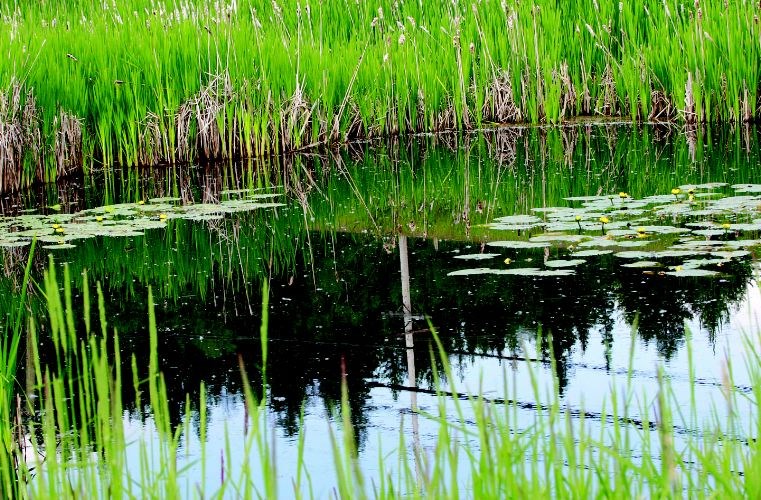In the warmer months, everywhere you turn there they are. Mosquitoes.
It's impossible to be rid of them completely but there are some ways to make the best of a potentially bloody and itchy time of the year.
Only the females of these irritating insects require a blood diet. The protein in blood is necessary for them to reproduce. The male mosquitoes feeds exclusively on plant nectars.
"It's the worst time for the mosquitoes right now. Most of our nuisance mosquitoes were eggs that were laid last summer and then got wet with the spring flooding that's when get the first major hatch.
"After that we get smaller hatches depending on how much water there is," said Claire Watkins, the integrated pest management co-ordinator for Prince George.
Watkins said despite the aggravation, Prince George residents can actually count themselves lucky.
"We are very fortunate with our mosquitoes," said Watkins. "We don't have the ones that carry West Nile Virus, Dengue fever or Malaria. So basically the mosquitoes we get are [just] a nuisance. They aren't deadly or harmful. They aren't going to pass on diseases here... ours just make you itch."
They are most noticeable at dusk and nighttime because they are attracted to carbon dioxide and body heat.
To make yourself less attractive as a meal, there are a number of homemade theories flying around. Some say taking garlic pills make blood less savory, some caution against eating bananas during a mosquito outbreak - apparently they are attracted to the fruit - some say there are plant species that once planted will ward off the tiny, winged vampires.
But Watkins says one sure way to protect yourself is using a repellant that contains DEET.
She acknowledged people are fearful of using pesticides, like DEET, especially directly onto their skin, but "what people don't understand is the rules surrounding pesticides and how stringent the testing is - anything we can get on our hands on, really isn't going to hurt us."
Every year, the city does treat the mosquito population by using a granular larvicide that only treats the larvae but takes no measures to treat the adult insects.
"We had a lot of water this spring. What we try to do is we try to reduce the first hatch. It's not seeming as successful as it has been in other years," said Watkins.
"It will get better but the rain isn't going to help. Once it get warm and dry, their bodies dry up pretty quickly. They realize they are about to die so they go from hunting to laying eggs."
Until then... "It's pretty much grin and bear it. If you are out camping and there isn't a campfire ban then light a fire and sit in the smoke."



